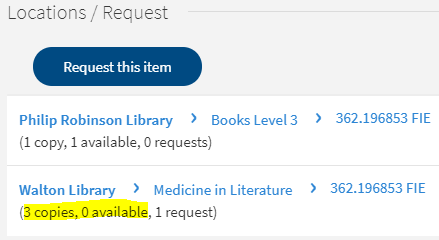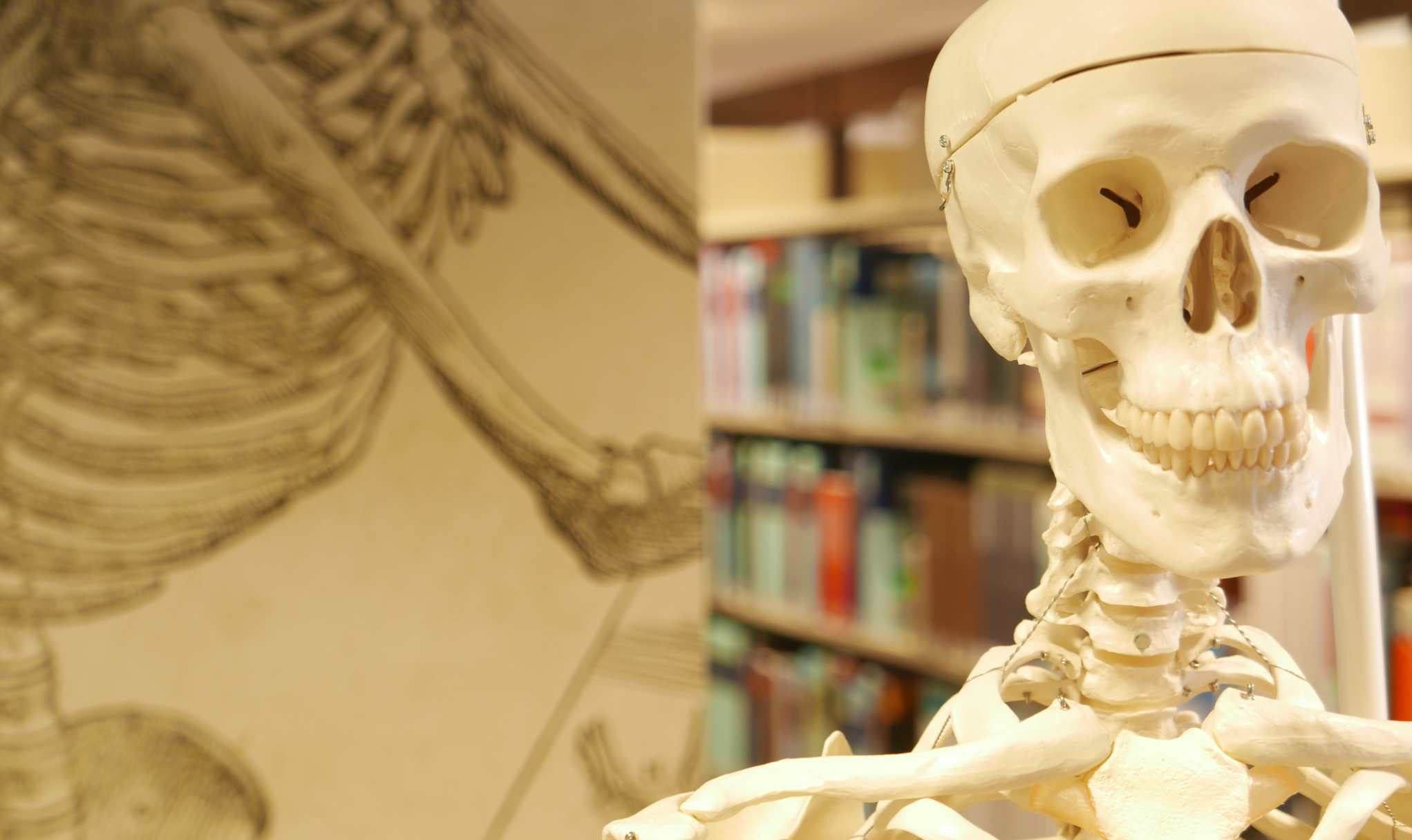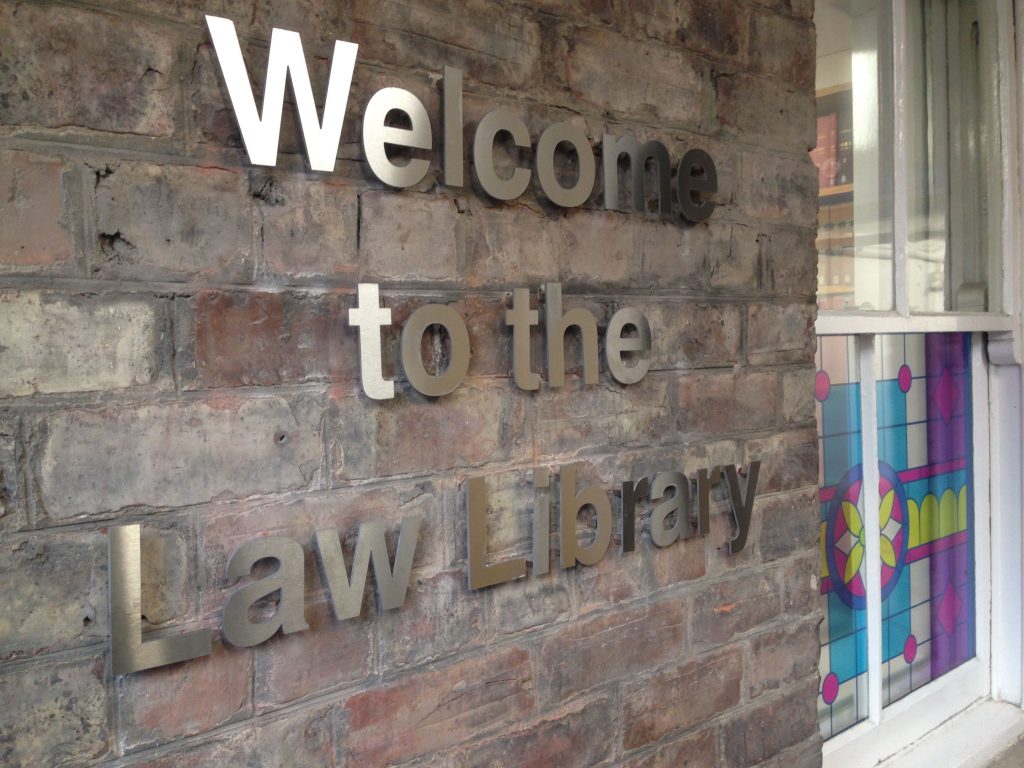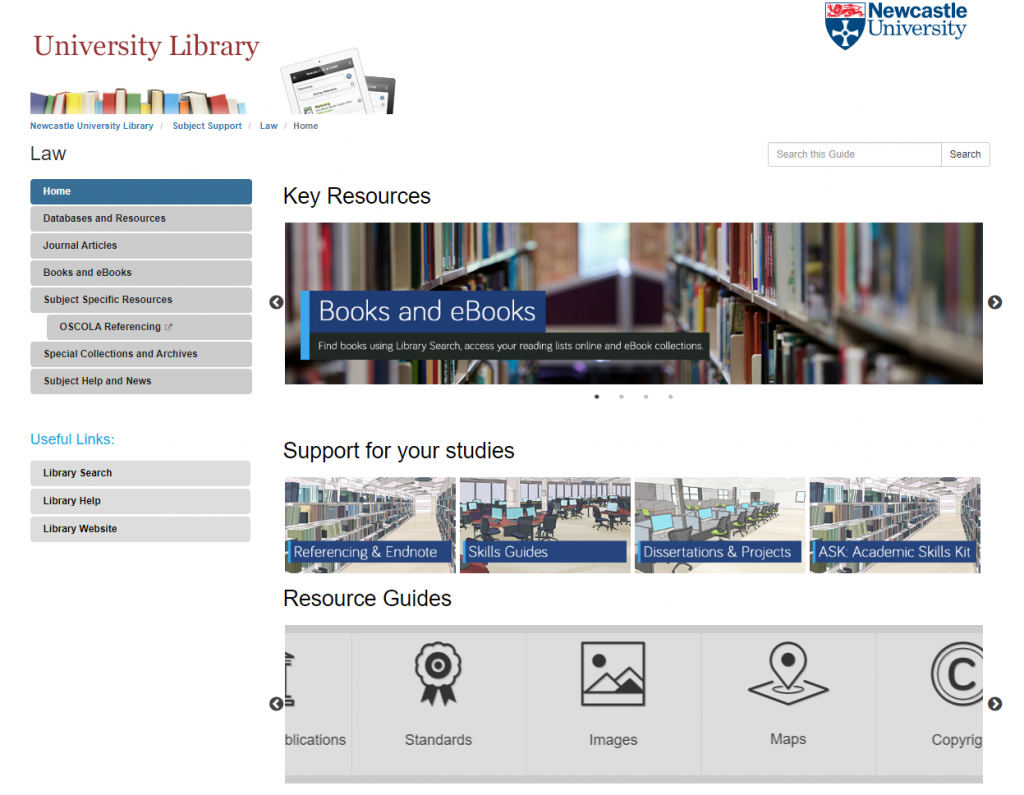Wishing a Warm Walton Welcome to all new and continuing students in the new academic year!
Just as you are settling into life at University we thought that you might benefit from this list of tips of how to make the most out of your time in the Walton Library.
The Library opening hours change throughout the year, but during term time, we are open normally until 22:00.
Resources
Use your Reading Lists as a great starting point for finding academic material. They can be accessed via your VLE (Virtual Learning Environment), which is either Blackboard or the MLE, depending on the course you are studying.
All academic resources that we purchase will be available via Library Search. It is the most prominent element on our colourful website and it will show you books, articles, journals in both physical or electronic format, databases and others.

Use keywords to find the titles that you need and Library Search will tell you whether we have them or not, whether they are available on the shelves, in which library and part of which collection they are. If a book we have in stock is NOT currently available on the shelves, the best thing you can do is to log in with your student ID and password and place a reservation:

Reserving is in your best interest because this is what will prompt a current reader of the book to bring it back so that you can use it. So remember: Shy bairns get nowt.
Specialist help
There are subject-specific guides that give you information directly relevant to your course. You can find them by selecting your course in Subject Support, on the Library website.

Want to ask us a question?
Library Help is the place you seek. You can browse our FAQ database by topic or search it by using keywords. You can also send us an email or chat with us. Library Chat is monitored 24/7, so as long as you have access to the internet, wherever you are in this great, big world, you can contact us.



